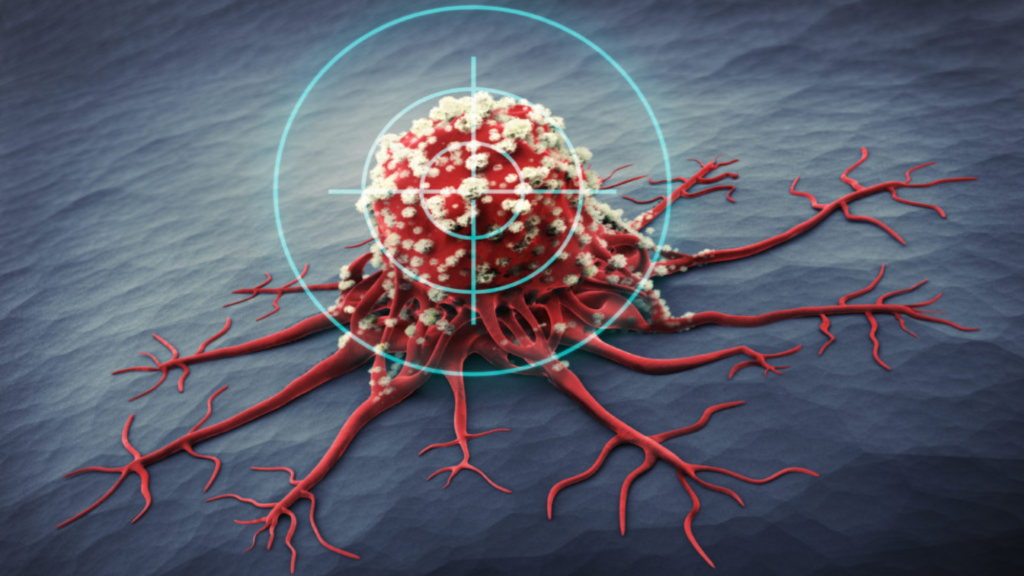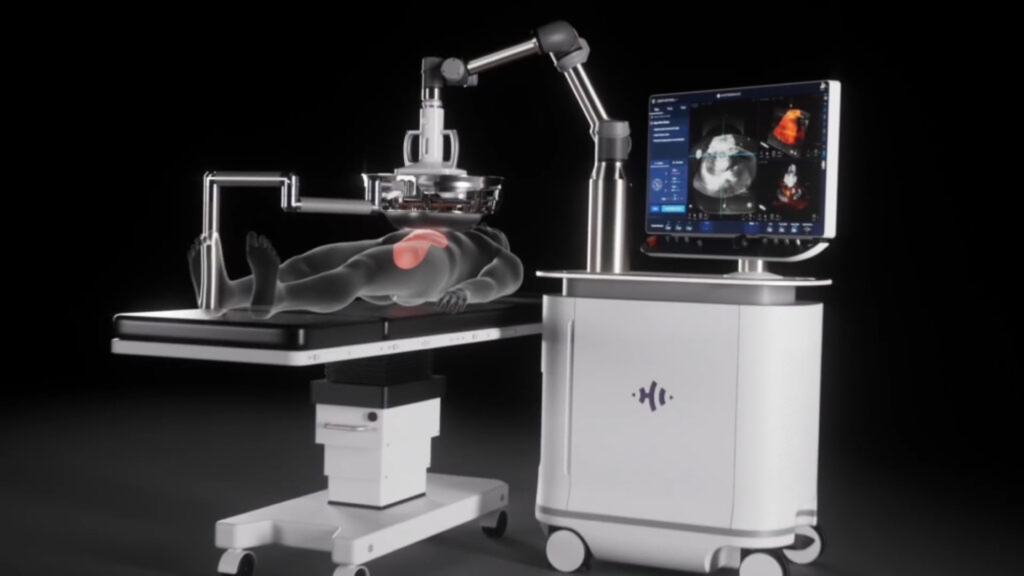Recent breakthrough research has revealed promising news for colorectal cancer survivors with specific genetic mutations, suggesting that a simple daily aspirin could significantly reduce cancer recurrence. This development represents a potential paradigm shift in post-treatment care for a substantial subset of colorectal cancer patients, offering an inexpensive and accessible intervention with remarkable efficacy.

Understanding Aspirin’s Historical Role in Colorectal Cancer Prevention
For years, researchers have investigated aspirin’s potential in preventing colorectal cancer (CRC). Earlier studies suggested that aspirin might reduce CRC risk by inhibiting inflammation, which is a known contributor to cancer development. The U.S. Preventive Services Task Force (USPSTF) previously found that low-dose aspirin could reduce the risk of colorectal cancer by approximately 40% for people meeting specific criteria.
Aspirin’s cancer-fighting properties stem from its anti-inflammatory action. It inhibits several colon cancer-related pathways and suppresses inflammation that can fuel cancer progression. Researchers have likened cancer to a spreading fire, with chronic inflammation serving as the fuel. In this analogy, aspirin functions as the cooling agent that dampens progression.
Beyond its anti-inflammatory effects, newer research indicates aspirin plays a beneficial role in gut health. It promotes the growth of beneficial bacteria in the gut microbiome, which may help prevent colorectal cancer development and progression.
The ALASCCA Trial: A Breakthrough in Targeted Prevention
The most significant recent development comes from the ALASCCA trial (NCT02647099), whose three-year results were presented at the 2025 ASCO Gastrointestinal Cancer Symposium in January. This randomized, double-blind, placebo-controlled study has delivered what experts are calling “practice-changing” findings.
The trial involved 626 patients across Sweden, Denmark, Finland, and Norway with stage I-III rectal cancer or stage II-III colon cancer. It specifically investigated aspirin’s effects in patients whose tumors harbored mutations in the PI3K signaling pathway, which occurs in approximately 37% of colorectal cancers.
The results were remarkable:
- Low-dose aspirin (160 mg daily for 3 years) reduced recurrence risk by 51% in patients with PIK3CA exons 9/20 mutations (Group A; HR, 0.49; 95% CI, 0.24-0.98; P = .044)
- For patients with other PI3K pathway alterations (Group B), the risk reduction was even more pronounced at 58% (HR, 0.42; 95% CI, 0.21-0.83; P = .013)
- The 3-year recurrence rates in Group A were 7.7% with aspirin versus 14.1% with placebo
- Similarly, Group B showed recurrence rates of 7.7% with aspirin versus 16.8% with placebo
These findings are particularly significant because they identify a specific biomarker that predicts aspirin response. As Dr. Anna Martling, the study’s lead author from Karolinska Institutet, explained: “This is the first trial to show that mutations in this specific signal pathway, also beyond PIK3CA, predict aspirin response, expanding the target population to more than a third of the patients [with non-metastasized colorectal cancer].”
Current Guidelines on Aspirin Use
Current guidelines for aspirin use in colorectal cancer prevention have primarily focused on primary prevention rather than recurrence prevention. The USPSTF, in its 2022 recommendation statement, endorsed initiating low-dose aspirin for the primary prevention of both cardiovascular disease and colorectal cancer in adults aged 50-59 who:
For adults aged 60-69, the USPSTF suggested the decision should be individualized. For those younger than 50 or older than 70, the evidence was deemed insufficient to make a recommendation.
However, the new ALASCCA trial results specifically address secondary prevention (preventing recurrence in those who have already had cancer), which represents a different clinical scenario and patient population. These findings will likely influence future guideline updates.
The Future Landscape: What to Expect
The ALASCCA trial results have potential far-reaching implications for colorectal cancer treatment protocols. Dr. Pamela L. Kunz, director of the Center for Gastrointestinal Cancers at Yale Cancer Center, described the study as “practice-changing” because “it checks all of the boxes: It’s effective, it’s low risk, it’s inexpensive, and it’s easy to administer.”
Several developments can be anticipated in the near future:
- Updated clinical guidelines: Professional organizations will likely review and potentially update their recommendations to incorporate aspirin for CRC patients with PI3K pathway mutations.
- Increased genomic testing: The findings underscore the importance of genomic testing in colorectal cancer patients. As Dr. Martling noted, this “stresses the importance of genomic testing in colorectal cancer patients.” We can expect more routine testing for PI3K pathway mutations.
- Expanded research: These results will likely spark additional research into aspirin’s effects in other cancer types with similar mutations and investigations into optimal duration of therapy beyond the three years studied.
- Cost-effectiveness analyses: While aspirin itself is inexpensive, implementing this approach will require genomic testing. Future studies will likely assess the overall cost-benefit balance of this approach.

What Patients and Caregivers Should Ask Their Doctors
If you or a loved one has been diagnosed with colorectal cancer, consider discussing these questions with your healthcare provider:
Regarding Genomic Testing
- Has my tumor been tested for mutations in the PI3K pathway, including PIK3CA, PIK3R1, and PTEN mutations?
- If not, would this testing be beneficial in guiding my treatment decisions?
Regarding Aspirin Therapy
- Based on my tumor’s genetic profile, could I benefit from aspirin therapy?
- What dose of aspirin would be appropriate for me?
- How long should I take aspirin after completing my cancer treatment?
- Should I take enteric-coated aspirin to reduce stomach irritation?
- What are my individual risks for bleeding or other side effects?
Regarding Proper Use
- Should I take aspirin with food to reduce stomach irritation?
- Are there medications or supplements I should avoid while taking aspirin?
- What side effects should I watch for, and when should I contact you?
- Should I continue taking aspirin if I’m scheduled for a procedure or surgery?
Safety Considerations
While the benefits of aspirin therapy can be significant for qualifying patients, it’s important to remember that aspirin is not without risks. The most common concern is gastrointestinal bleeding. For this reason, aspirin therapy should always be initiated under medical supervision.
For safer use of aspirin:
- Take it with food, not on an empty stomach
- Avoid taking it with alcohol
- Never stop taking aspirin without consulting your healthcare provider, especially if prescribed after a heart attack or procedure
- Consider an enteric-coated formulation, which dissolves in the small intestine rather than the stomach
Conclusion
The ALASCCA trial results represent a significant advancement in colorectal cancer care. By repurposing a safe, inexpensive, and globally available drug, we now have evidence for a strategy that could significantly reduce recurrence risk for approximately one-third of colorectal cancer patients.
This development epitomizes precision medicine—identifying the right treatment for the right patient based on their unique tumor characteristics. For patients with PI3K pathway mutations, daily low-dose aspirin appears to offer substantial protection against cancer recurrence.
As with all medical decisions, the choice to use aspirin should be made in consultation with healthcare providers who can weigh individual benefits against potential risks. With these remarkable new findings, that conversation has become even more important for colorectal cancer survivors.
Source: Targeted Oncology, UCLA Health, ASCO 2025



Your work always brings a smile to my face. Keep shining bright!
Thank you so much for your kind words and encouragement. We truly appreciate your support and will continue working hard to provide helpful and reliable cancer information.
Bright and cheerful!